Siemens Mobility has announced plans to assemble its new battery bi-mode trains at its facility in Goole, which it hopes will help replace some of the network’s diesel fleets over the next decade.
It has also calculated that its new battery bi-mode train could save Britain’s railways over £3.5 billion over 35 years. The calculations also show that 12 million tonnes of CO2 emissions could be saved over the same period.
The new trains work by using overhead wires on the already electrified routes on the network before switching to battery mode on the sections that don’t have wires. Trains could also utilise the company’s Rail Charging Converters (RCCs) which will enable them to use power supplied from the domestic grid.
Siemens Mobility has said that the new trains could also be replacements for some operators’ diesel fleets, including Chiltern, Great Western Railway (GWR), Northern, TransPennine Express and Scotrail, all of which have plans to procure new rolling stock in the coming years.
Sambit Banerjee, Joint CEO for Siemens Mobility UK & Ireland, said: “Britain should never have to buy a diesel passenger train again. Our battery trains, which we’d assemble in our new Goole factory in Yorkshire, can replace Britain’s ageing diesel trains without us having to electrify hundreds of miles more track in the next few years.
“So, on routes from Perth to Penzance, passengers could be travelling on clean, green battery-electric trains by the early 2030s. And the best thing is that this would save the country £3.5bn over 35 years.”
Siemens has reviewed routes across the network and identified points where discontinuous overhead lines could be installed along with RCCs. These would connect to the local electricity distribution network at 11kV, taking 18 months, compared with the seven years it can potentially take for a 375/400kV connection.
By using this approach, the company believes it can save the operators of these routes and the country’s railway £3.5 billion and support the current government aim of removing diesel-only trains from Britain’s railways by 2040.

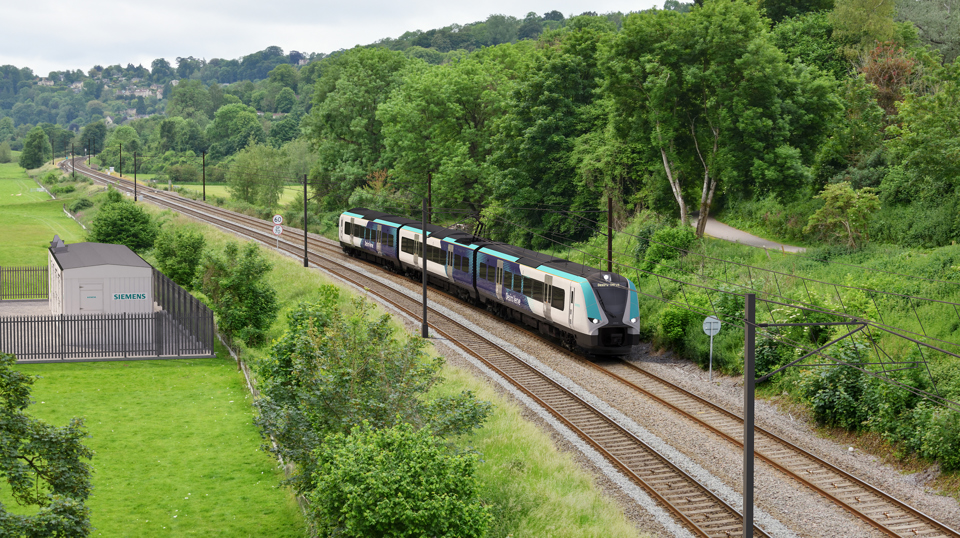

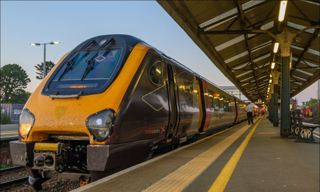
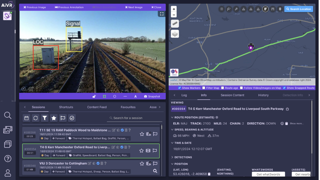
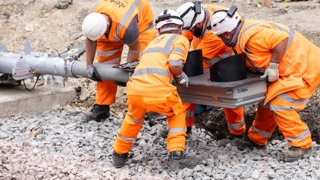
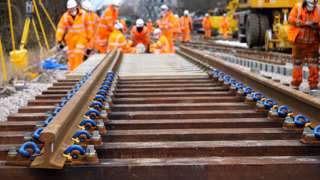










Login to comment
Comments
No comments have been made yet.